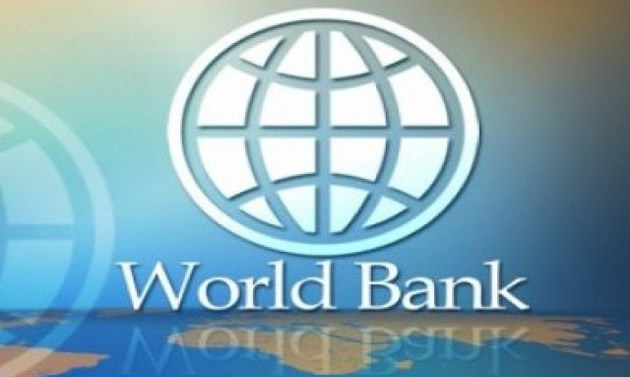‘Fiscal imbalance could stunt economic growth’

Business Reporter
THE World Bank, which projects a 2,8 percent growth rate for Zimbabwe, says the fiscal imbalance besetting the country could affect medium-term economic growth by limiting resources available for structural reforms.
The Bretton Woods institution said that fiscal imbalances lie at the core of Zimbabwe’s financial challenges. The Government’s fiscal cash deficit moved to 10 percent of gross domestic product (GDP) in 2016, from 2,3 percent the previous year.
“Fiscal imbalances combined with a large volume of domestic borrowing in 2015 /16 weakened the financial sector and are at the core of Zimbabwe’s ongoing cash shortages,” the World Bank said in its latest report titled Zimbabwe Economic Update: the State of the Economy, which was released last week.
The multilateral lender said that the ongoing financial challenges were likely to affect long-term investments by both large and small companies.
Treasury spends over 90 percent of the country’s national budget – $4,1 billion for 2017 – on recurrent expenditure, which significantly limits resources available for investment in capital formation.
Fiscal expansion in 2015 /16 boosted short-term economic growth, the WB said, but depleted financial resources to support long-term development.
Growth remained positive in 2016 at 0,7 percent and is set to rebound to 2,8 percent in 2017. However, the World Bank said fiscal imbalances were projected to depress Zimbabwe’s medium-term growth prospects as they limited investment for ongoing structural transformation.
Government and the World Bank jointly conducted a public expenditure review, which examined in detail Government spending across a broader range of public sector institutions.
“Fiscal adjustment is key to growth, but complicated by the absence of consolidated public accounts. The size of the public sector is difficult to determine, precisely.
“A conservative estimate puts total public spending — including expenditures by the Central Government, local authorities, and state-owned enterprises and parastatals — at roughly 50 percent of Zimbabwe’s GDP.
Such scale and scope of a public sector are exceptional for a country of its population size (about 16,3 million) and income level, and the state’s extensive role in the economy could be a significant obstacle to growth,” the WB said.
“The joint review of public expenditures offers a good starting point for reducing the fiscal deficit in an equitable manner. “A lower deficit, preferably lower than the 7 percent of GDP projected for 2017, is crucial for financial stability and long-term growth. It may require difficult measures to reduce the large public sector wage bill,” said Paul Noumba Um, World Bank Country Director for Zimbabwe in a statement released with the report last week.
The public expenditure review find out that the dominant role of the State in the economy, while at times critical to address short term vulnerabilities, had become a significant obstacle to long term growth.
The structure of spending remained constrained by the large public sector wage bill, and the structure of financing in some sectors exacerbated instead of moderating inequality.








Comments